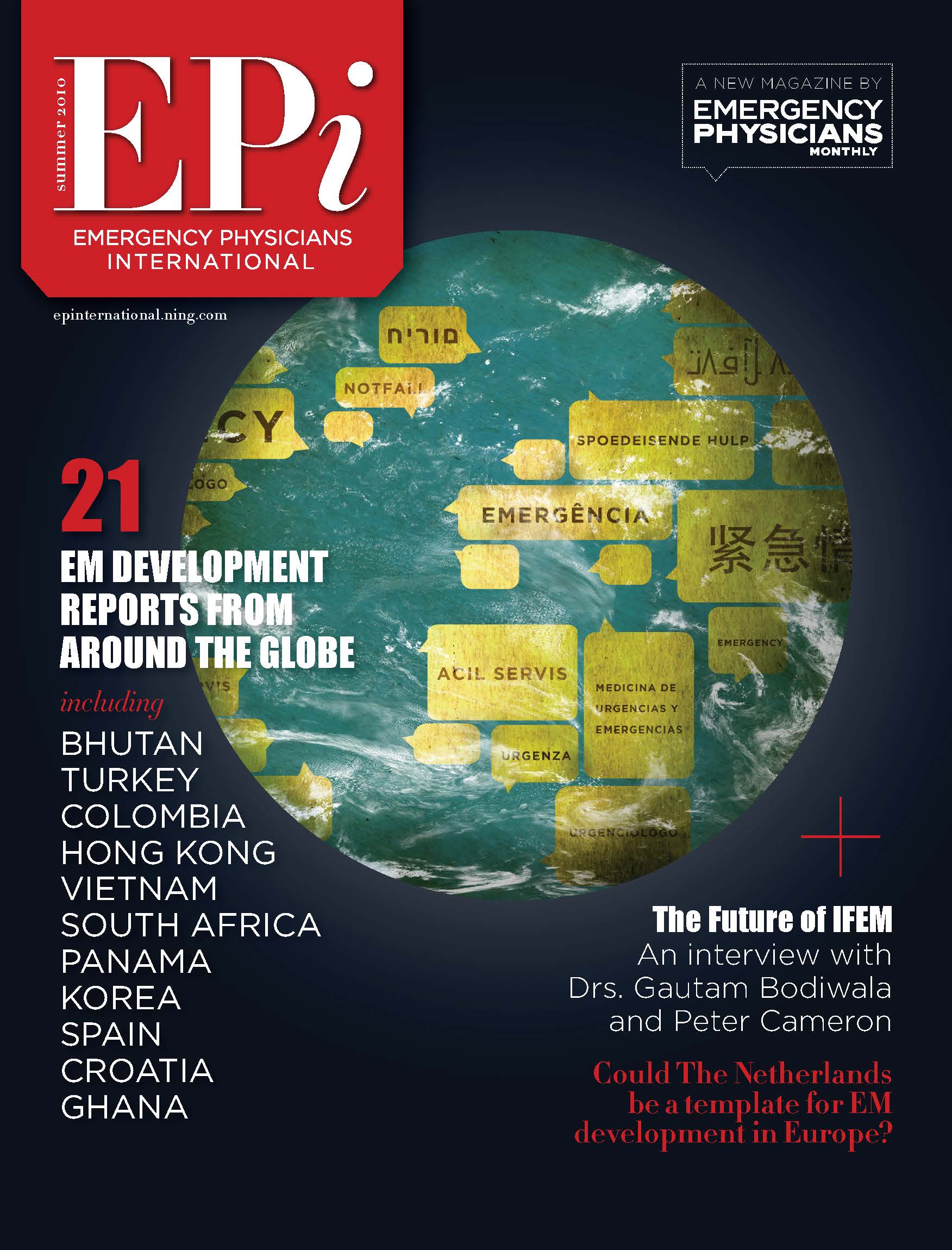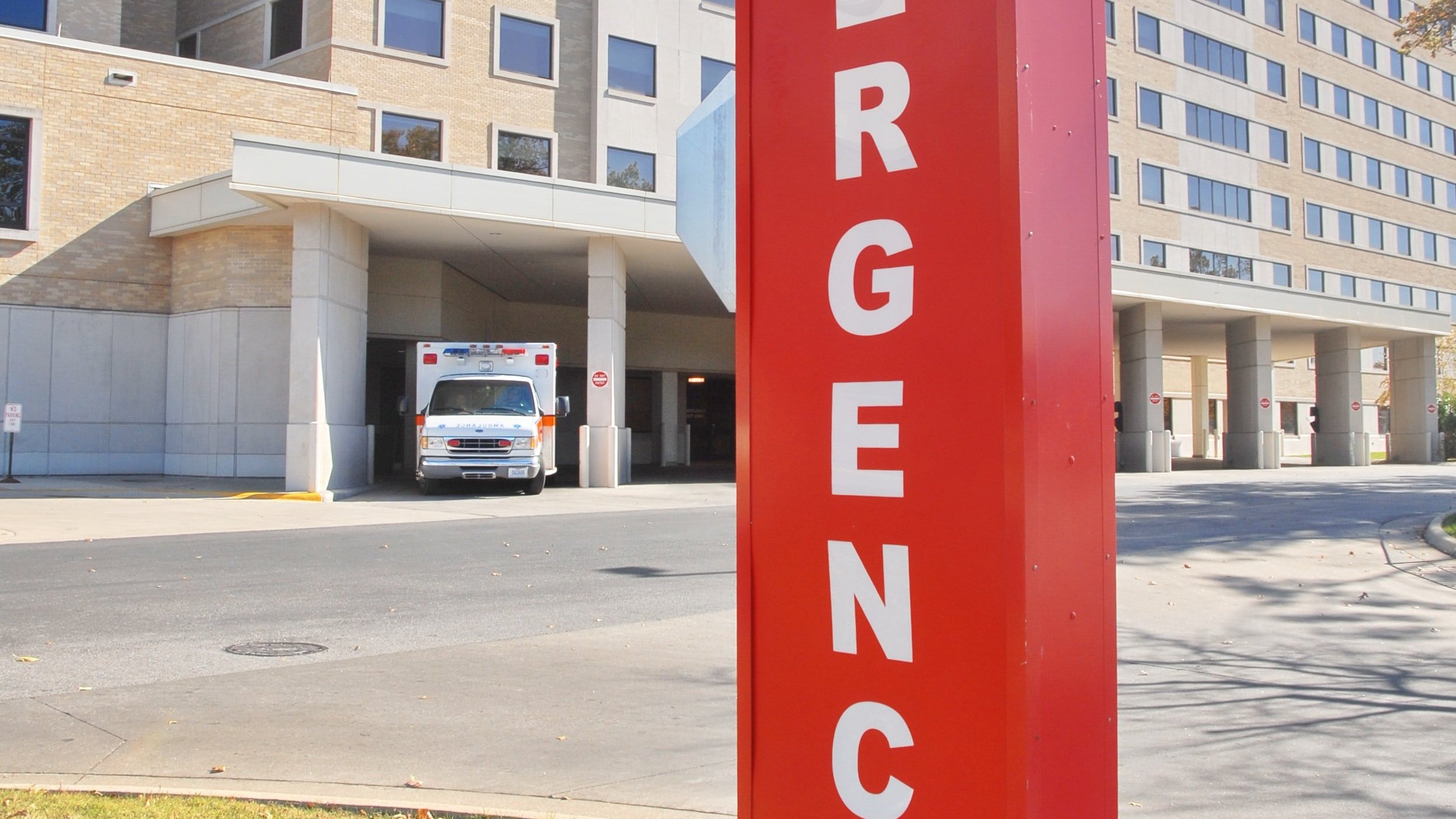Open in Case of Emergency: Part II
I am good at my job. My stubborn adherence to high standards of care, taught to me by my faculty and clinical providers during my training, is still here. That said, after a recent career shift, I have realized how important it is to me to feel safer at my job- to feel more secure against predictable threats like pandemics.
As such, I give you my final cheat sheet of possible tips on How To Proceed After Residency:
I. Find your right work environment. Whether it’s the literal one where you have friends, family or just activities you love or your ideal ER set up. It’s out there and worth the few jobs it may take to figure it all out. Taking control of your own environment, lifestyle, extracurricular activities, and any other aspect of your life you may have previously lost, had always wanted to find, or did not know you needed is much more important than you realize.
Moving somewhere you would never like to live because of an ideal job will only propagate or maintain the baseline level of burn out you have been toting since residency yet have become desensitized to. Living in a place you love with the commute that is ideal for you sets you up for that good mood that will likely propagate onto happier coworkers, and a higher threshold for overall difficulties in the workplace.
II. Recognize and accept that which is, those who are the way they are, and what you can and cannot control. Accepting this will lighten the load you carry when others do not behave the way you would expect, are used to, or prefer them to- in both clinical medicine and in personal life. There are bad mentors, coworkers, and patients out there. It is not your responsibility to give them insight.
My instructors in residency taught me the humility of wearing my limitations in knowledge as proudly as I wear my training and clinical skills. Change the culture of your institution by practicing this too if you are able by acting the same. Use it as an opportunity to share and gain knowledge, rather than accepting care plans because “that is just the way [they] do it around here”.
III. Find that person in your residency who has read all of the business books, is already ahead of the game regarding the things you never knew you had to think about while attempting to swim (as opposed to sinking) during residency. After graduating and working out what job environment is right for you, it would be a good idea to ask them for some pointers. This lessens the burden you still carry fresh out of residency, allowing you to focus on patient care.
IV. Recognize the difference between strong wills and short fuses, and that you may be too naive in any given moment to realize the difference. Do not let yourself become unnerved (and get off your game) when others do not behave the way you would expect, are used to, or prefer them to at work. I ask you to consider who may be suffering in the end. More often than not, it is the patient (and your peace of mind).
Instead, use your morally rooted unbridled energy to change the culture of your institution. Share and gain knowledge by exchanging a podcast or a recent publication, rather than blindly accepting care plans because “that is just the way [they] do it around here.” We all have egos in medicine, but do not let your lack of insight into your stress levels lead you to cause harm.
Your stress and fatigue levels (whether you are conscious of them or not) will inevitably impact both your professional and personal interactions by weakening your emotional filters. This may draw negative attention, as our burn out is oftentimes misinterpreted by our patients, consultants and coworkers as a negative or substandard attitude.
V. Know that your experience will be unique to you.
I leave you with a favorite (and applicable) quote of mine from Voltaire’s Candide:
“Life is bristling with thorns, and I know no other remedy than to cultivate one’s garden.”
The world is still ours to save- just consider some of the points above if you can. Take them with you as you move forward to eventually plot your land, plant, and tend your garden. You must do so first in order to care for others. Propagate a healthy culture of evidence based learning, of civil interprofessional communication, armed with the understanding of limitless paths to get to the same end. Create the change you want to see as true experts in your field, just do no harm.
I did it. To help people. To help myself.






